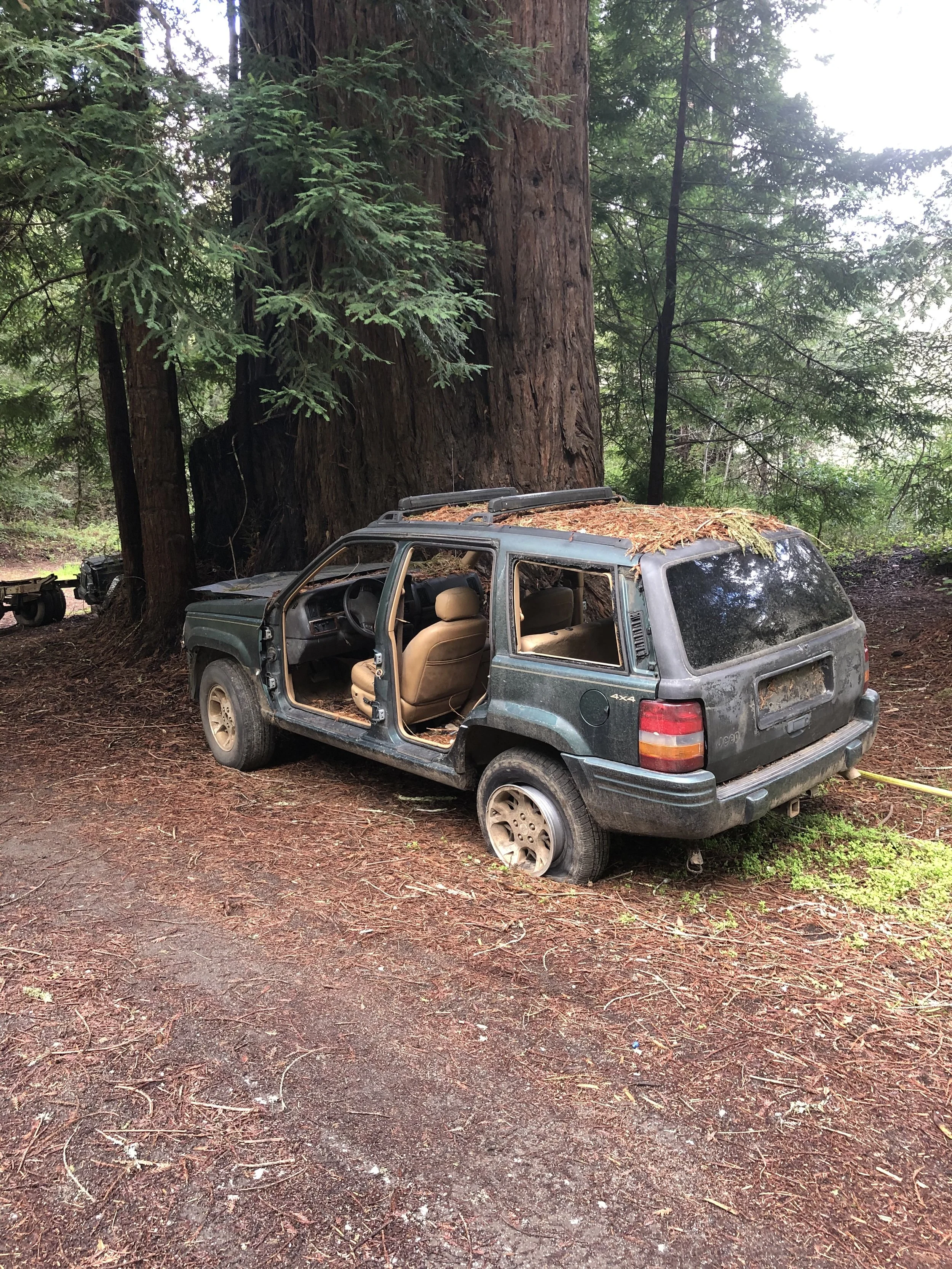
Why should someone arrested for driving under the influence request a hearing from the DMV?
Requesting a DMV hearing is a smart move after a DUI arrest. It gives you time, information, and options to protect your driving privileges
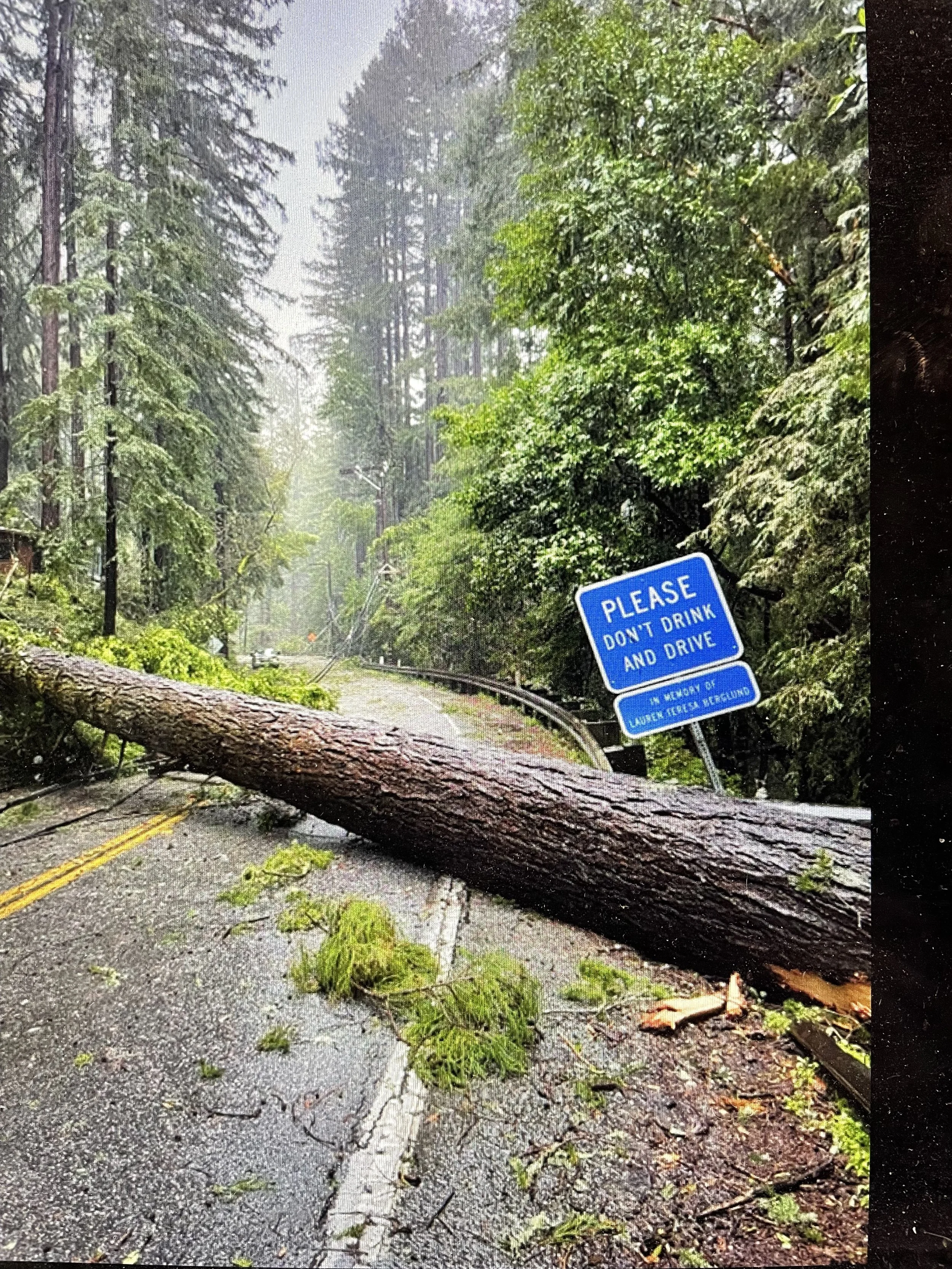
I got a DUI in Santa Cruz, now what?
If you’ve recently been arrested for DUI in Santa Cruz, this blog post is a must-read. It provides clear, actionable steps for what to do immediately after your arrest, including how to protect your driving privileges, navigate confusing DMV procedures, and prepare for your court date. The post demystifies the paperwork you receive, explains the importance of requesting a DMV hearing, and offers practical advice on gathering evidence that could help your case.

How can a DUI arrest affect my reputation?
Requesting a DMV hearing is a smart move after a DUI arrest. It gives you time, information, and options to protect your driving privileges
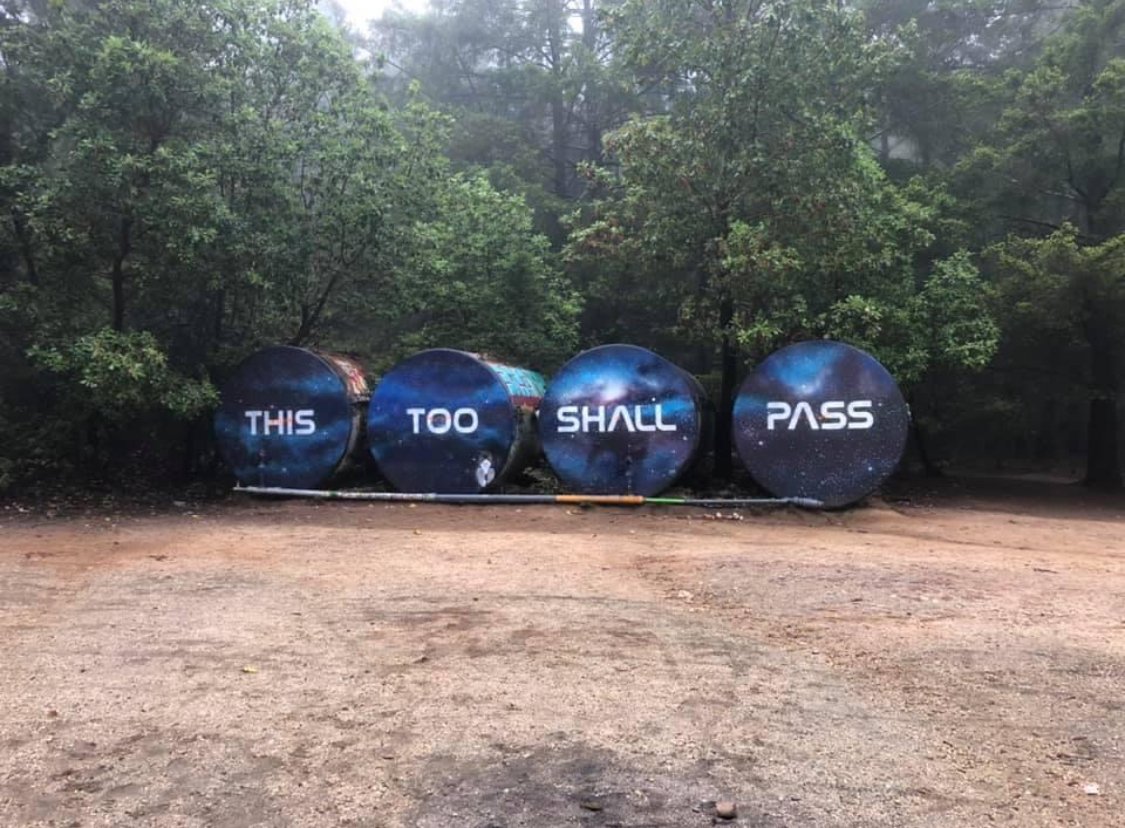
Reinstating a driver’s license after suspension
Learn how to reinstate your driver’s license after a DUI suspension in California—step-by-step instructions, common pitfalls, and tips from Santa Cruz DUI attorney John W. Thornton. Avoid costly mistakes and wasted time at the DMV by reading this blog post before you begin your reinstatement process.
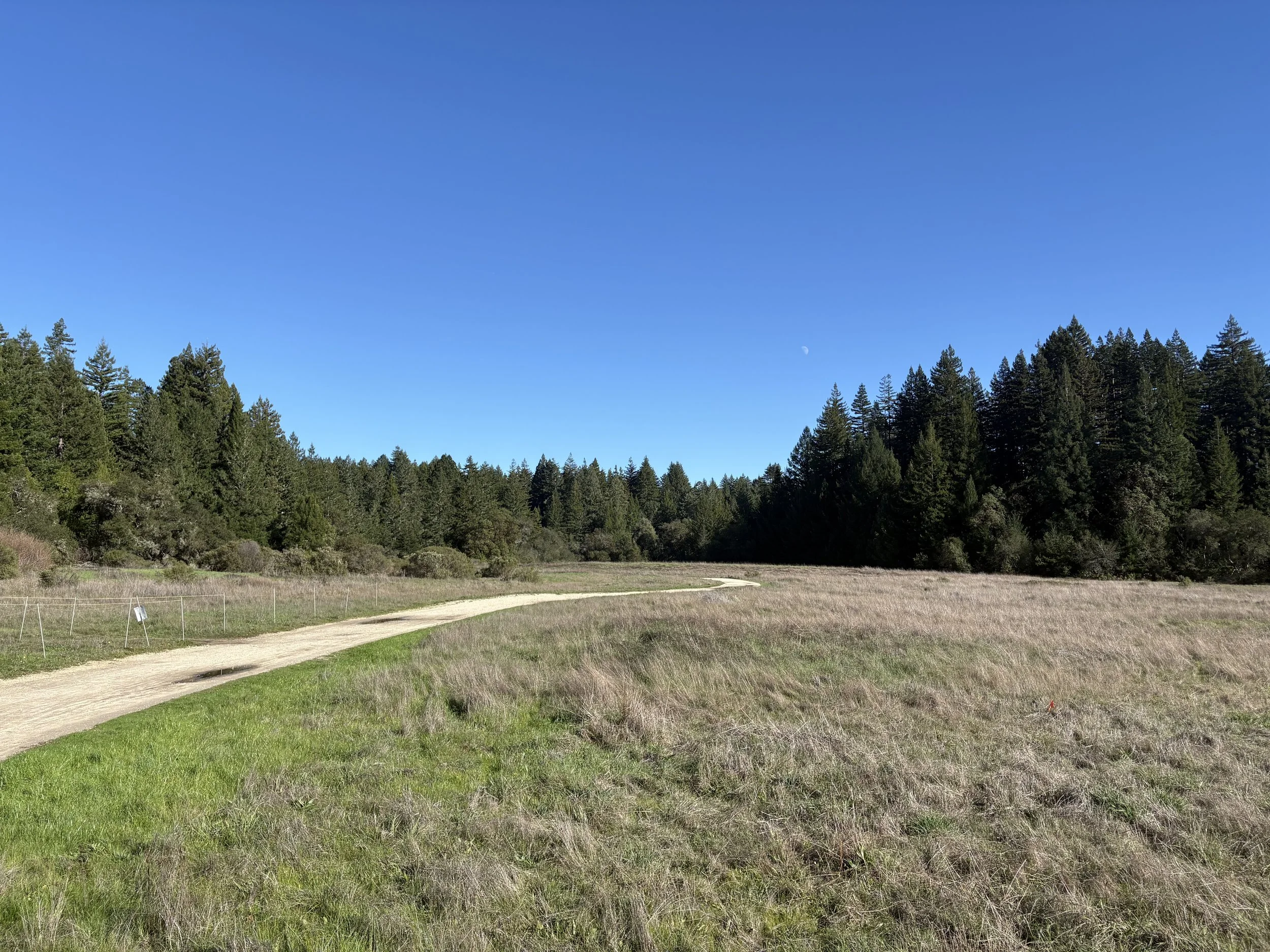
Field sobriety tests - what do they show?
This post is a must-read for anyone facing DUI charges, concerned about their rights during a traffic stop, or simply interested in the legal process. It empowers readers with practical knowledge, exposes the flaws in commonly used law enforcement methods, and offers guidance on how to protect themselves legally.
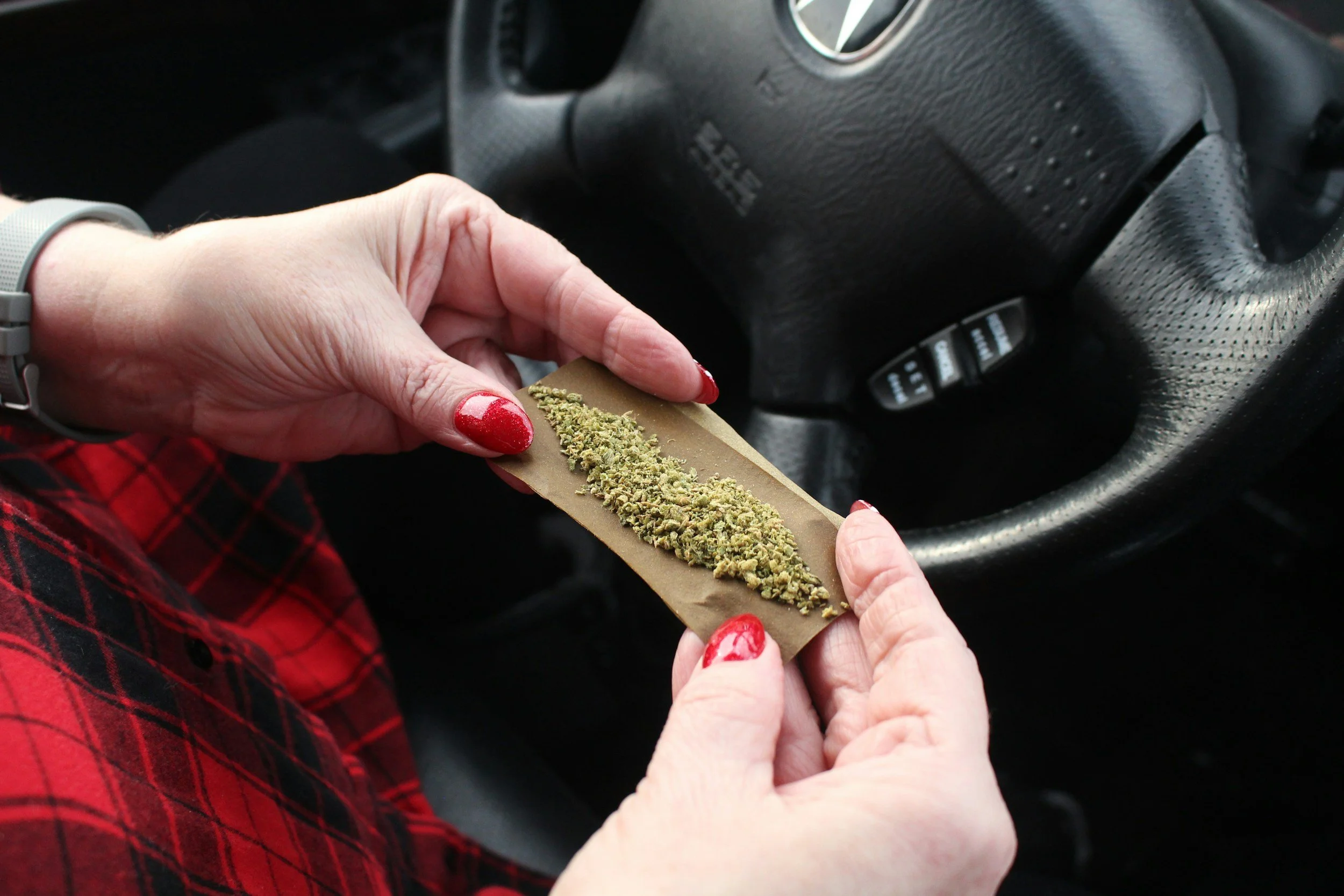
What DUI charges apply when driving under the influence of drugs?
Requesting a DMV hearing is a smart move after a DUI arrest. It gives you time, information, and options to protect your driving privileges

Marijuana DUI a growing concern in California
Requesting a DMV hearing is a smart move after a DUI arrest. It gives you time, information, and options to protect your driving privileges
